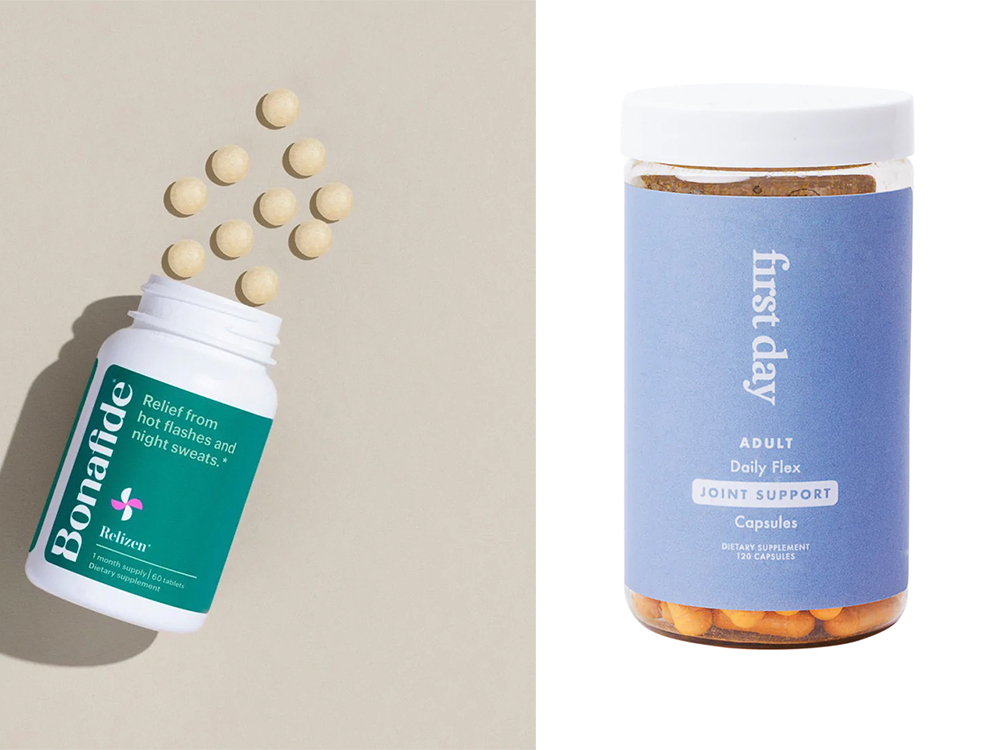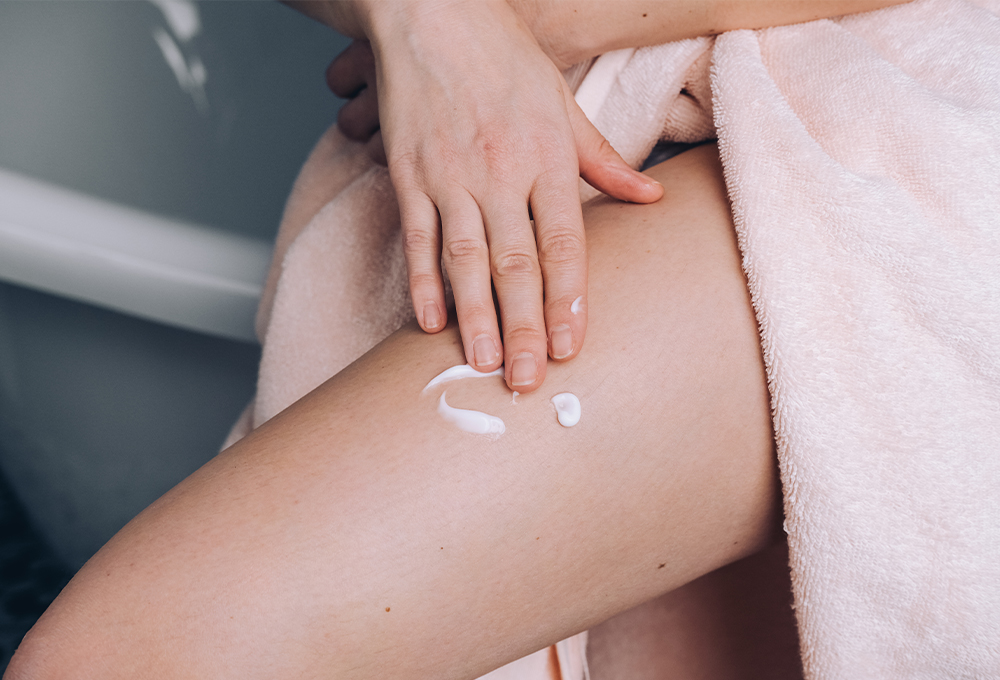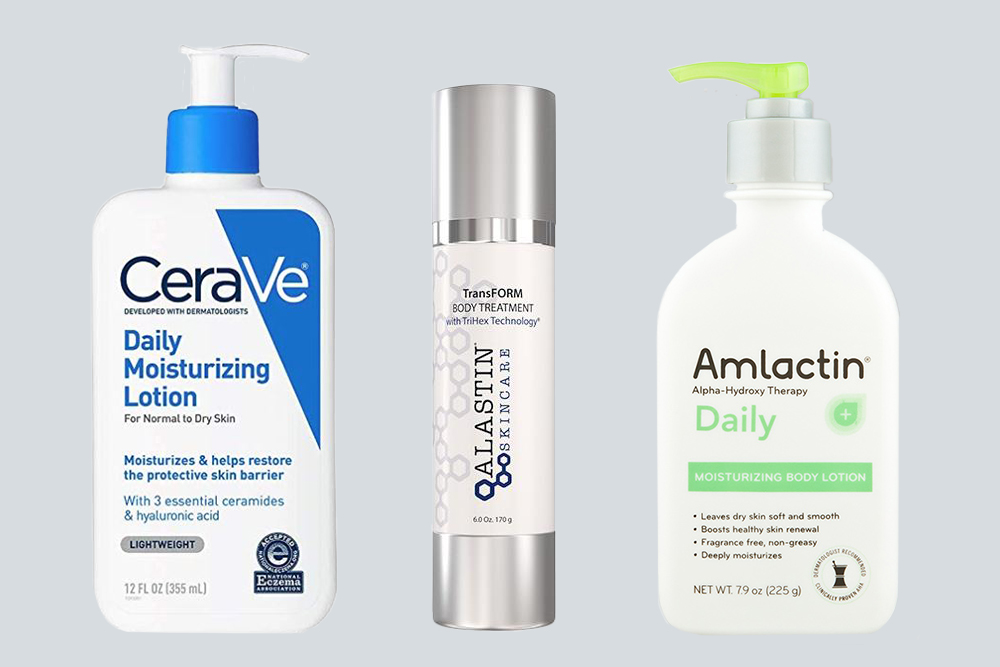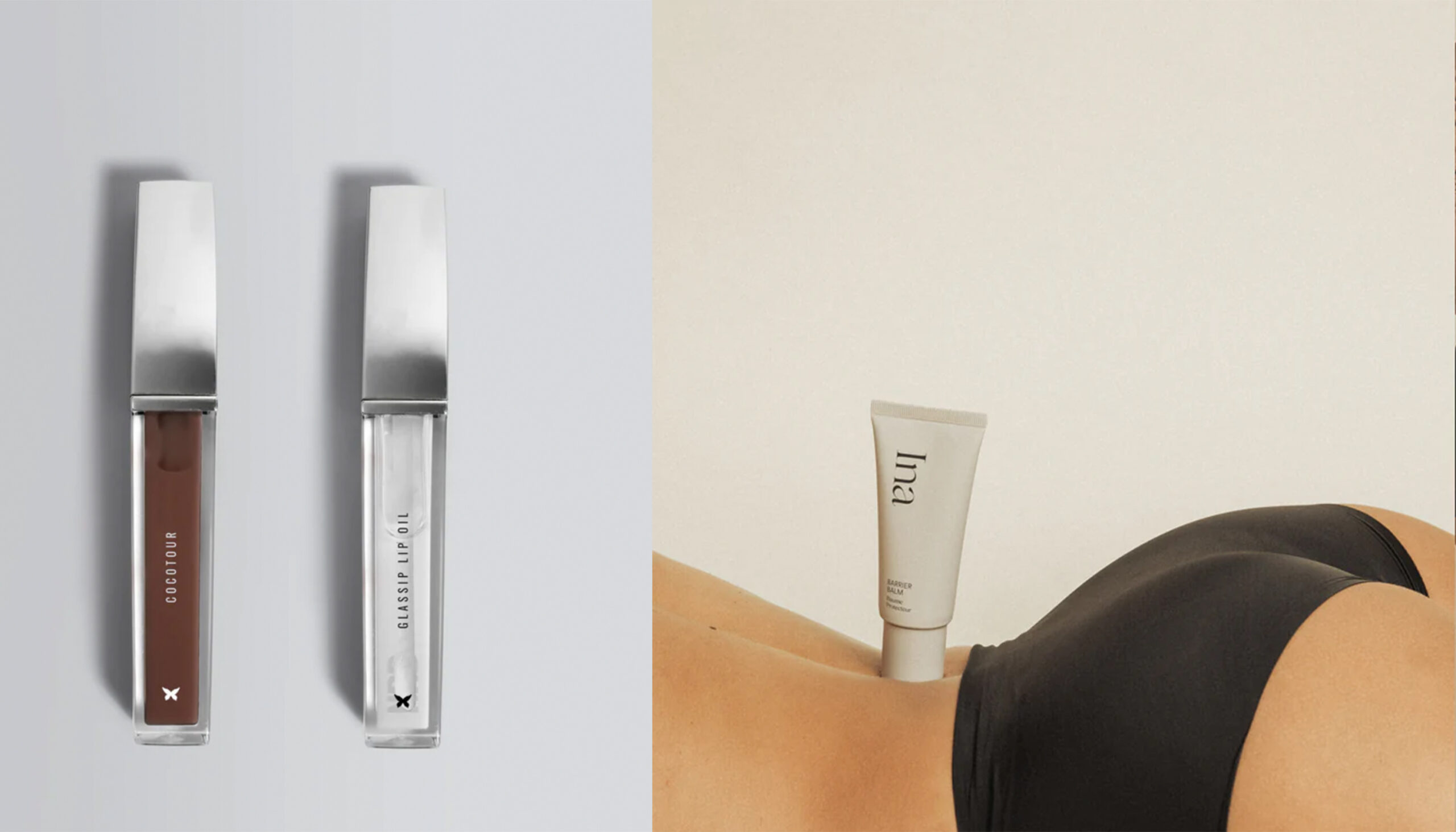Our body is all connected, and that begins to become even more clear as we age. Poor sleep results in dull skin, anxiety results in a lower immune system, and it’s all cyclical. While you may think you’re doing enough for your skin by catering to it with cleansers and serums, that’s often not enough to clear a complexion. Our physical and mental health have a heavy impact on our skin. For example, when your gut is out of balance, many other bodily functions follow suit. Here we have experts dive deeper into how our gut health affects our skin health and what you can do to improve your gut microbiome for better, healthier skin.
What is the gut-skin axis?
“The functioning of your gut microbiome is intrinsically linked to the health of your skin and is one of the main regulators of the gut-skin axis,” says holistic nutritionist Jennifer Hanway. She adds that the gut plays “a key role in the regulation of epithelial cell turnover, repair of UV light exposure, skin hydration, controlling the speed of wound healing and influencing the microbiome of the skin.”
It would be safe to say that “Our skin is the external mirror of our gut,” according to Lena Kleinfeld, director of communications, Omni-Biotic and Hannah Kleinfeld, chief operating officer, Omni-Biotic, probiotic and gut health experts. Put in the simplest terms, the gut and skin are in “constant communication,” says New York dermatologist Marina Peredo, MD.
How can an unhealthy gut biome negatively impact our skin?
An unhealthy gut can negatively impact a variety of functions, but the most immediately visible is the skin. “It can bring out inflammation and exacerbate conditions such as eczema and rosacea. Skin diseases such as atopic dermatitis, psoriasis and in some cases skin cancer can develop as well,” says Dr. Peredo. Additionally, “Acne and dandruff can flare up due to an unhealthy gut biome.”
If you have any of these conditions, you may be wondering exactly how your gut plays a role. Poor gut health influences the production of proinflammatory cytokines and cells that suppress the immune system, explains Hanway. “These cytokines increase the permeability of our skin’s barrier cells, creating chronic systemic inflammation that can be expressed as acne, dermatitis, eczema and psoriasis.”
The gut microbiome also plays an essential role in nutrient absorption. “If nutrient absorption is impaired at the gut level, then the repair and renewal of our skin cells will suffer as they will not be provided with sufficient amino acids, fatty acids and vitamins and minerals needed for collagen production, detoxification and protection of the phospholipid bilayer,” says Hanway. Not only can this malabsorption lead to skin problems, it can also affect energy, vitality, immune function, hair and nails, say the Kleinfelds.
Acne, eczema and psoriasis specifically can be linked to an imbalance in gut bacteria, gut inflammation or leaky gut, say the Kleinfelds, citing a recent study. “When the bacteria in the gut microbiome fall out of balance, this causes inflammation, which leads to damage in the gut lining, aka leaky gut,” they explain. “A bacterial imbalance in the gut or ‘gut dysbiosis’ is very common nowadays. Stress, processed foods, high sugar intake, alcohol, and overuse of antibiotics are common factors that diminish our good gut bacteria and contribute to gut dysbiosis.”
Can gut-related conditions have an impact on the skin as well?
If you suffer from gut-related conditions, like celiac disease or irritable bowel syndrome (IBS), you already experience a handful of frustrating symptoms. Unfortunately, these conditions may also be responsible for certain skin concerns. “These conditions are inflammatory in nature, and when inflammatory cytokines are increased at the gut level, we also see this have a negative effect on inflammatory skin conditions,” says Hanway. Additionally, these conditions affect the absorption of nutrients, which can result in thin, dry, dull skin, adds Hanway.
The Kleinfelds note that several studies link inflammatory bowel disease (IBD) and inflammatory skin diseases. “This is mainly because IBD is an autoimmune condition that triggers inflammatory processes in the body,” they explain. “Oftentimes, individuals affected by IBD also have inflammation in other organ systems, including the skin.”
Dr. Peredo says studies have also found that people with IBS are more likely to experience atopic dermatitis or rosacea. Meanwhile, people with celiac disease often suffer from eczema, psoriasis, acne, dry skin, hives or alopecia.
How can prebitoics, probiptics and postbiotics help our gut, and ultimately our skin?
Diet and lifestyle choices have a huge impact on the gut, and managing stress is essential. “Stress kills our good gut bacteria,” say the Kleinfelds. “Incorporate stress-management practices like yoga, meditation and breath work into your daily routine,” they suggest.
“What you don’t eat is just as important for a healthy gut as what you do eat,” says Hanway. The Kleinfelds point out that certain foods and drinks are known to cause inflammation in the gut, including gluten, dairy, soy, artificial sweeteners and alcohol, so you should limit your intake of these. “Diets high in sugar and refined carbs can contribute to the growth of unhealthy bacteria and yeasts (such as candida), which can contribute to acne, breakouts and fungal infections of the skin,” says Hanway. “Highly processed foods and unhealthy fats can increase the intestinal permeability of the gut lining, which in turn can slow down skin cell turnover and increase chronic, systemic inflammation.”
There are select amino acids that have been shown to improve the health of the intestinal lining and, therefore, the gut microbiome. These amino acids, including arginine, glycine, cysteine glutamate, and glutamine, can be found in collagen powders, bone broth and supplements. “As an added benefit, these amino acids also improve the skin’s collagen protection and production, so do double duty for skin health,” says Hanway.
Dr. Sharafi suggests including more fiber rich fruits and vegetables, whole grains, legumes, resistant starch and fermented foods in your diet. “When it comes to general lifestyle changes, think about habitual exercise, quitting smoking, reducing exposure to stress and avoiding taking antibiotics unnecessarily,” she adds.
Expert recommended products for a healthy gut
The Ritual Gut Health Synbiotic+ ($50) is a three-in-one prebiotic, probiotic and postbiotic supplement, which helps simplify the amount of supplements you have to remember taking. It has unique moisture-controlled technology to protect the strains within. Dr. Sharafi says the “Synbiotic+ was shown to significantly increase the growth of beneficial bacteria along with microbial diversity.”
The Kleinfelds suggest implementing the Omni-Biotic Balance Probiotic ($63), a favorite of Diane Von Fürstenberg, into your diet. Omni-Biotic is the leading brand in Europe and number-four worldwide. “It includes six strains of beneficial bacteria that promote a healthy gut flora and digestion as well as a balanced immune system and healthy skin,” they say.
In addition to a targeted probiotic, Hanway says you should also take a liposomal vitamin C supplement and a minimum of 10g of collagen powder a day.

















